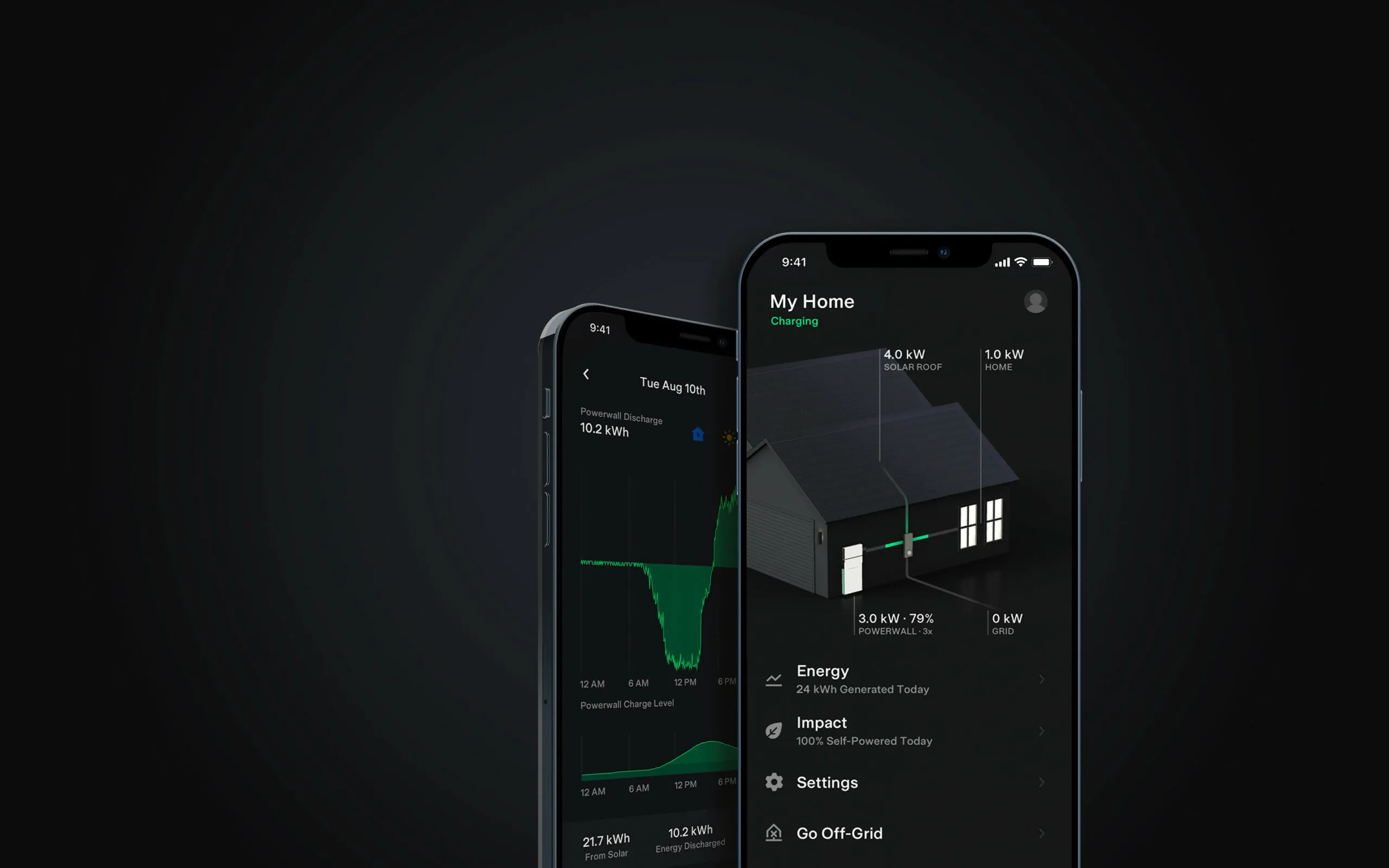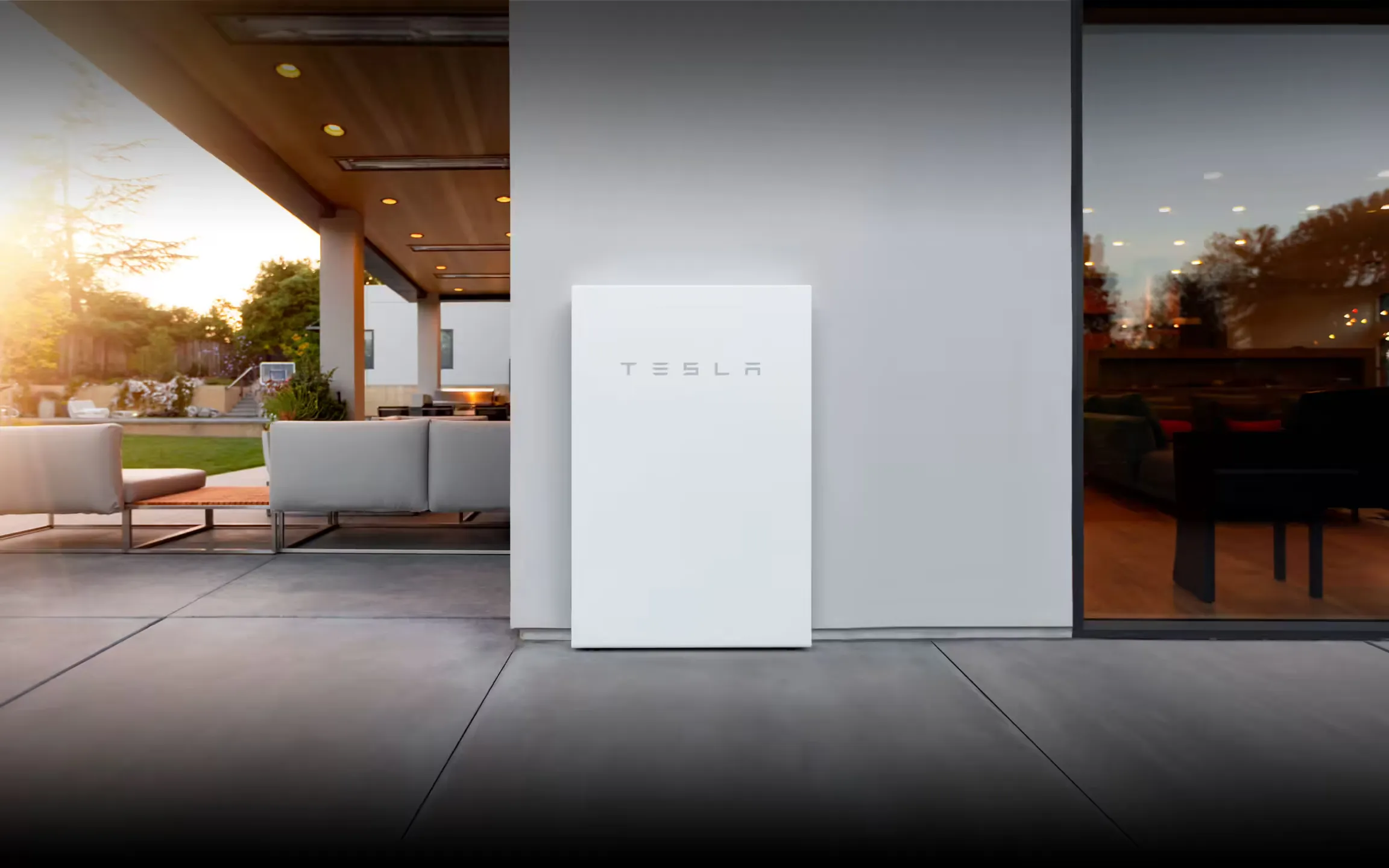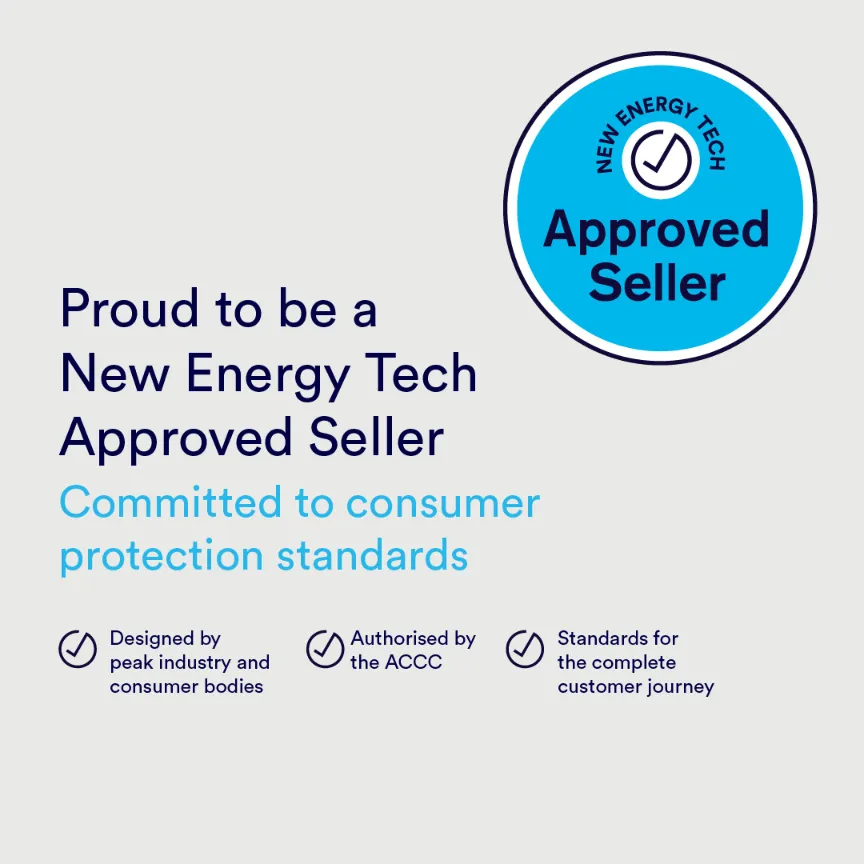If you’re considering installing a solar system with battery storage in Queensland, Australia, you’re in the right place. In this article, we’ll provide you with a comprehensive guide to solar battery systems, including how they work, the benefits they offer, and the best options available in Queensland.
Solar Battery Systems: How They Work
A solar battery system stores excess energy generated by your solar panels during the day, which can be used later when the sun goes down or during periods of high energy demand. This allows you to maximize your energy savings and reduce your reliance on the grid.
According to a report by the Australian Energy Market Commission, solar battery storage systems are becoming increasingly popular in Queensland. In fact, the report states that Queensland has the highest rate of solar PV installation in Australia, with 31% of households having installed solar PV systems as of 2020.
The key component of a solar battery system is the battery itself, which is charged by your solar panels during the day. When your panels generate more energy than you need, the excess energy is stored in the battery. Then, when your panels aren’t generating enough energy to meet your needs, the battery kicks in to provide the extra power you need.
Benefits of Solar Battery Systems
There are many benefits to installing a solar battery system in Queensland. Here are some of the top advantages:
- Lower energy bills: By storing excess solar energy, you can reduce your reliance on the grid and lower your energy bills. According to the Australian Energy Foundation, households with solar battery systems can save up to $1,900 per year on electricity bills.
- Increased energy independence: With a solar battery system, you can be more self-sufficient and less reliant on the grid, giving you greater energy independence. This is especially important in Queensland, where power outages due to extreme weather events are common.
- Reduced carbon footprint: By using solar energy, you’ll be reducing your carbon footprint and doing your part to help combat climate change. According to the Clean Energy Regulator, a 5kW solar PV system with a 10kWh battery can reduce carbon emissions by up to 8.1 tonnes per year.
Best Solar Battery Systems in Queensland
At DE Energy Solar, we offer a range of solar battery systems to suit different needs and budgets. Here are some of the top options available in Queensland:
- Tesla Powerwall: The Tesla Powerwall is a popular choice for solar battery systems, offering a sleek design and a high capacity. According to a recent survey by Solar Quotes, the Tesla Powerwall was rated the best solar battery system in Australia by customers.
- LG Chem RESU: The LG Chem RESU is another top choice, with a compact design and reliable performance. In fact, LG Chem is the largest manufacturer of lithium-ion batteries for residential use in the world.
- Enphase Ensemble: The Enphase Ensemble is a newer option that offers a modular design and high reliability. The system also features advanced monitoring and control capabilities, allowing you to optimize your energy usage.

Installing a Solar Battery System in Queensland
Installing a solar battery system in Queensland is a smart investment for homeowners and businesses alike. At DE Energy Solar, we can help you find the perfect solution for your needs and budget. Our team of experts will work with you every step of the way, from designing your system to installing it and ensuring it’s running smoothly.
In addition, there are solar battery rebates available in Queensland, which can help offset the cost of installation. The Queensland Government offers a Solar for Rentals rebate, as well as the Home Battery Scheme, which provides a rebate of up to $3,000 for eligible households. These rebates can make it even more affordable to install a solar battery system in Queensland.
Conclusion
If you’re looking to reduce your energy bills, increase your energy independence, and lower your carbon footprint, a solar battery system is an excellent investment. With the high rate of solar PV installation in Queensland and the availability of solar battery rebates, there has never been a better time to invest in this technology.
At DE Energy Solar, we are committed to helping homeowners and businesses in Queensland make the most of their solar energy. Contact us today to learn more about our solar battery systems and how we can help you take control of your energy usage.


